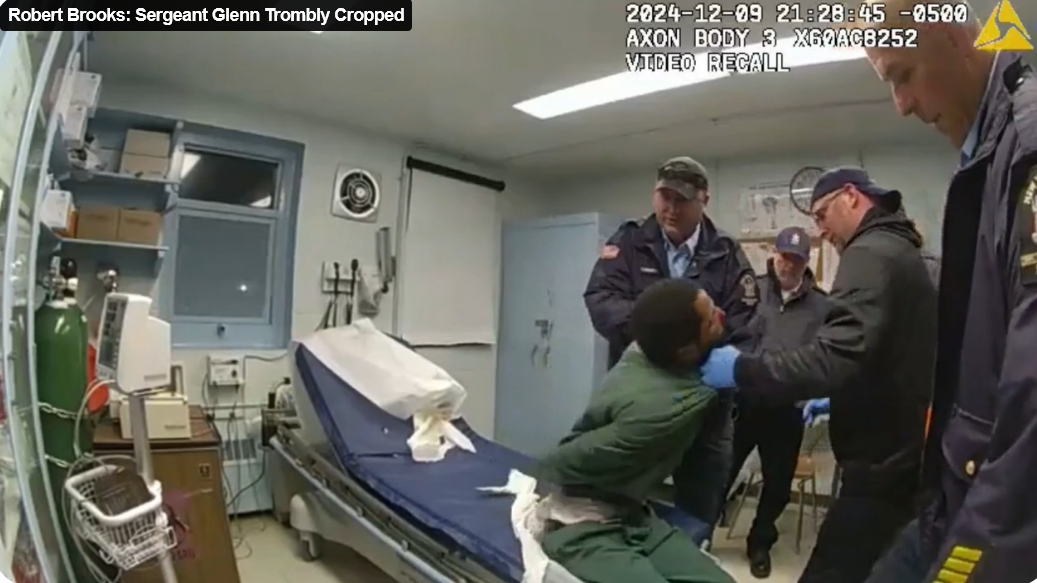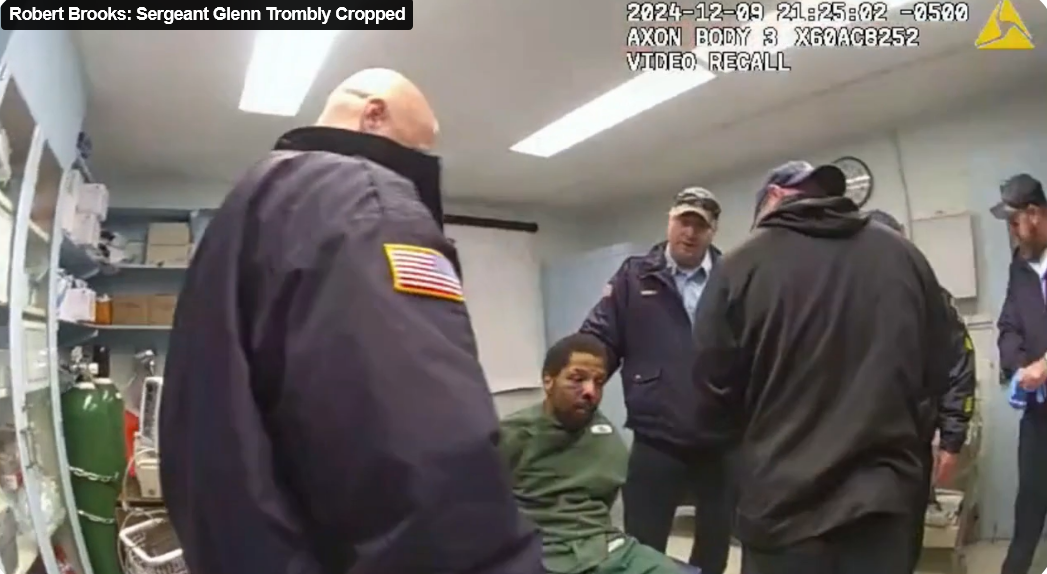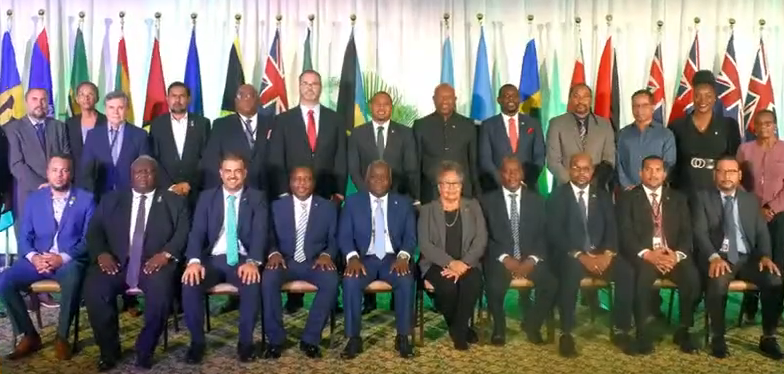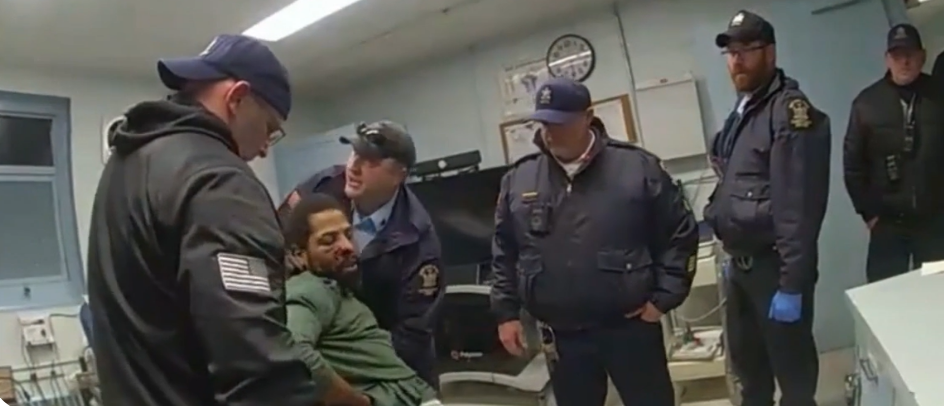Mass grave for Lakota massacre victims
[Witness To Justice]
On December 29 in 1890, up to 300 Lakota men, women and children died in what has become known as the Wounded Knee Massacre.
It was the “unforgettable story of the last major military operation by the U.S. in its long battle to subdue the native population of North America,” the website of the Wounded Knee Museum says. This last significant engagement between Indians and soldiers on the North American Continent ended “nearly four centuries of warfare between westward-bound Americans and the indigenous peoples (www.nativeamericanencyclopedia.com ).”
The above quotes refer to the centuries of domination and patterns of oppression and its continuing impact on the Indigenous peoples which theological rationale has been based on the doctrine of discovery.
The doctrine originates from various church documents in mid-1400s Europe to justify the right to claim the indigenous lands, territories, and resources on behalf of Christendom, and to subjugate indigenous peoples around the world. It is a concept of public international law expounded by the United States Supreme Court in a series of decisions, and continually to be cited even today.
For those that descend from the westward-bound American, some see that they have no responsibility to the current plight of Native American communities, because they are not the original oppressors. Still, some descendants acknowledge that they do benefit from the social systems that were built on the foundation of land theft from and subjugation of indigenous peoples by their ancestor-settlers. I have always wondered how all these would be made relevant to the 21st century immigrant-citizen, who as minority settlers, can both benefit from and be marginalized by the same established structures.
The U.S. have always prided ourselves as being a nation of immigrants, though at the beginning our immigration policy only preferred those from western Europe, and only free White males were considered as fit for citizenship.
Nowadays, more than 600,000 immigrants become naturalized as U.S. citizen every year. One of the requirements for naturalization is to pass a civics test on U.S. history and government. Of course, citizenship isn’t about passing a civics test, as a similarly titled CNN op-ed by Peter Levine pointed out; he said for “immigrants and native-born Americans alike, civic education should be about… promoting high and diverse civic achievement.”
According to Citizenship: A Very Short Introduction by Richard Bellamy (2008), there are two views of citizenship developed in western democracies: political and legal. In voting, for example, one exercises his or her political citizenship. And in the possession of the right to the rights, one lays claim to his or her legal citizenship.
I would suggest, perhaps, in daily lives we can have an intercultural view of citizenship. It is not about civic education in the abstract, but a practice of engaging our co-citizens outside of the election cycle and the immediate present.
It involves a life-long practice of learning about our neighbor-citizen, of histories and concerns of the communities different from our own: race, ethnicities, economics, abilities, sexualities, legal status.







